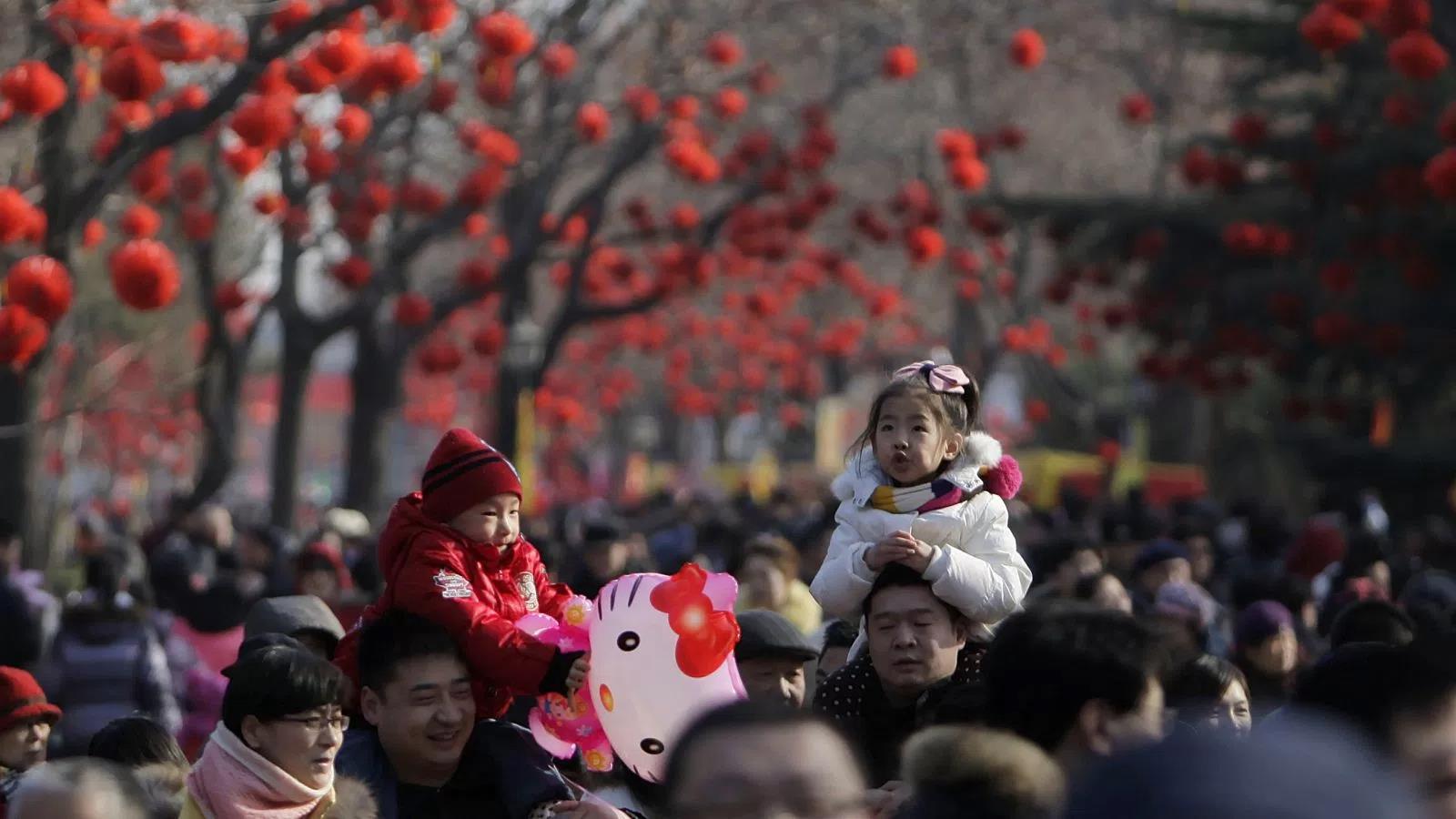SELF-FULFILLING PROPHECY
Gwynn Guilford September 10, 2017

In JK Rowling’s Harry Potter series, children at the wizard boarding school Hogwarts are assigned to one of four houses—each with its own distinct character. This is done by the Sorting Hat, a sentient headpiece that plumbs the psyches of new students to deduce whether they are at heart a courageous Gryfändor, ambitious Slytherin, loyal Hufåepuff, or brainy Ravenclaw. But the headmaster of Hogwarts himself worries that the Sorting Hat may wind up determining children’s development rather than predicting it. “You know,” Albus Dumbledore muses, “I sometimes think we Sort too soon.”
Plenty of traditions around the world take a similar approach, using everything from birth order to star signs to draw conclusions about children’s personalities and future paths. Now a new National Bureau of Economic Research working paper suggests that our real-life versions of Sorting Hats might be more powerful than we realize. Indeed, Dumbledore may have been onto something: Early sorting can wind up giving certain kids a huge advantage.
The paper focuses on superstitions surrounding the Chinese zodiac and the creatures that animate each year of its 12-year cycle: Rat, Ox, Tiger, Rabbit, 9/12/2017 Chinese kids born in the year of the dragon are more successful than their peers — Quartz https://qz.com/1058965/chinese-kids-born-in-the-year-of-the-dragon-are-more-successful-than-their-peers/ 3/6 Dragon, Snake, Horse, Sheep (or ram, goat, or ovicaprid), Monkey, Rooster, Dog, and Pig.

Millennia ago, the zodiac offered an easy system for identifying when someone was born. More recently, popular superstition holds that a child will grow up embodying the characteristics associated with the zodiacal animal of their birth year.
And, of course, some animals have more desirable qualities than others. Those born in the year of the Dragon—including the years 1964, 1976, 1988, 2000, and 2012—are thought to be strong, powerful, brave, and lucky. This superstition is likely why, in places including Singapore, Taiwan, and Hong Kong, couples are known to get married in droves starting two years before an auspicious sign, allowing plenty of time to conceive a baby that will be born during the year of the Dragon.
After a few decades of Maoism suppressing superstitions, it seems China is embracing this habit too. Analyzing marriage data from 1979 to 2013, Naci Mocan and Han Yu, economists at Louisiana State University, found that more Chinese couples got hitched in the two years before the Dragon, giving them enough time to plan a Dragon baby. Sure enough, births spiked in the two most recent Dragon years, 2000 and 2012, compared with the years immediately prior.
More babies are born in Dragon years in China

Now, there’s an obvious glitch in Dragon baby planning. Basic laws of supply and demand would suggest that kids born in Dragon years will face more competition for scarce resources—from medical care and teachers’ attention to seats in top schools and, eventually, jobs. In other words, one might expect Dragons to fare worse, on average, than peers close to them in age.
Bizarrely, though, the economists found the opposite.
The study looked at 5,000 students born between 1987 and 1989 from 15 universities in Beijing. Of the group randomly selected to answer the survey, Dragon kids scored higher on the all-important high school entrance exam than their peers.
In another data set—this one an annual social survey conducted between 2010 and 2013 in 134 cities and rural areas across China—Dragons were 11 percentage points more likely to have earned a bachelor’s degree compared with individuals born in non-Dragon years. These results hold when controlling for parents’ socioeconomic and employment status.
One might assume the effect is psychological. After all, kids who are constantly informed that they’re special, extra-lucky Dragons would likely get a big ego boost. That, in turn, could boost their conädence in the classroom and professional ambitions.
Not with these Dragon kids, though. The authors also analyzed the results of a nationwide test given to 13,000 middle-school students, all born between 1996 and 2002. The test measures students’ subject-matter mastery and cognitive ability, as well as asking questions about self-esteem and future expectations. Dragon kids didn’t think they were better than other students or more likely to succeed. Their self-esteem was average. They also didn’t outperform their peers on most subject or cognitive measures.
So what—if not the zodiac—explains Dragon kids’ success? The answer seems to lie with their proud parents.
The aforementioned middle-school test is mind-bogglingly comprehensive, asking about mundane things like the pocket money kids receive and the household chores they perform. On top of that, it surveys the children’s parents about their hopes and expectations for their child.
Parents of Dragon children expect more from their kids’ educational performance and professional success, according to the researchers. Parents also put their money where their mouth is. In addition to dreaming big, parents of Dragon children are more likely to enroll their kid in kindergarten a year early and engage with their teachers. They also give their kids more pocket money and are likelier to shield their children from the burdens of chores.
This is all great for Dragon kids. But what about the people born in those other 11 years of the zodiac? As Harry Potter shows, it’s certainly possible for people to buck typecasting and chart their own paths. But then, wizards only have a Sorting Hat to defy—not weighty parental expectations.
9/12/2017 Chinese kids born in the year of the dragon are more successful than their peers — Quartz